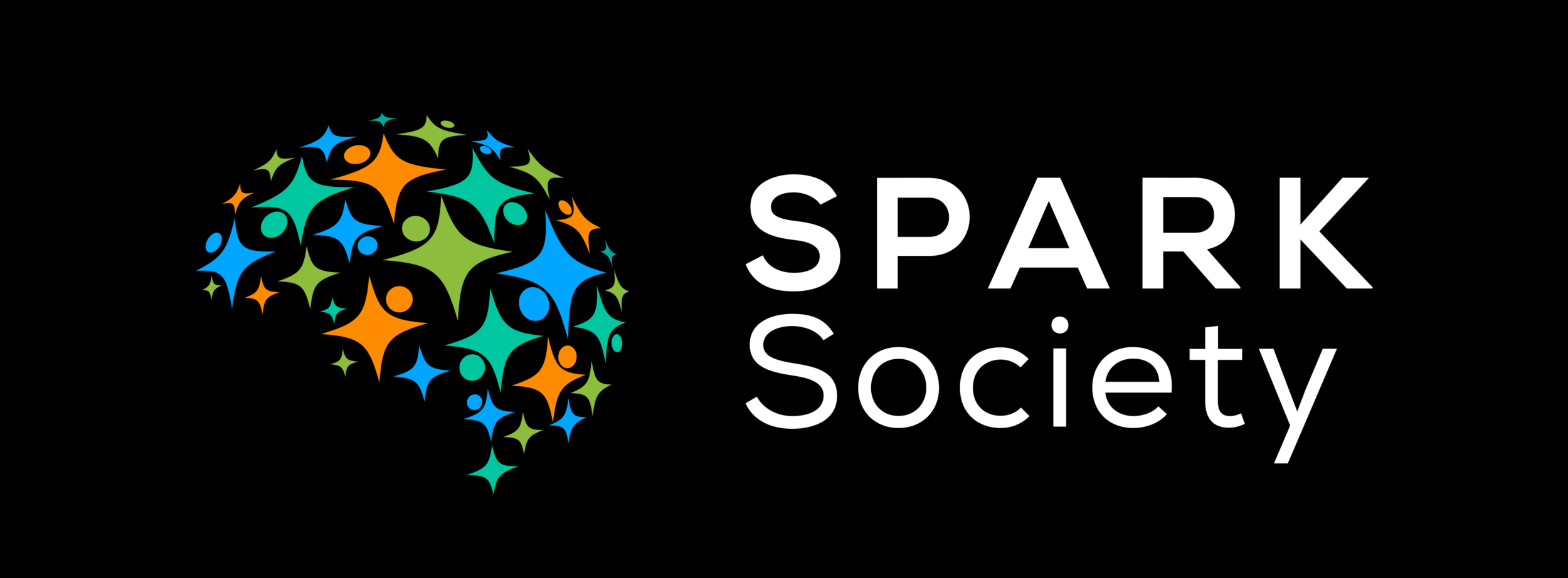University of Utah Assistant Professor in Learning Sciences and Quantitative Methodology
The Department of Educational Psychology in the College of Education at the University of Utah invites applications for a tenure-track Assistant Professor in Learning and Cognition, with primary responsibilities in the Learning Sciences program.
The Learning Sciences program offers MS and PhD degrees in Learning and Cognition, as well as master’s degrees in Secondary Science Education, Statistics, Instructional Design and Educational Technology. Learning Sciences faculty provide support to the graduate programs across the department, and also contribute to undergraduate teacher education in elementary and secondary methods in science, mathematics, and technology education, as well as general survey courses in learning and research. Learning Sciences program faculty conduct basic or applied research in their areas of expertise include STEM education, educational technology, and cognitive processes. Research in this program contributes not only to foundational theory in the learning sciences, but it also informs the design and development of effective educational materials and interventions.
Position Rank:
This is a nine-month, full-time position. The appointment is at the rank of Assistant Professor.
Applicant Required Qualifications:
This position requires an earned doctorate in Educational Psychology, Learning Sciences, Psychology, or a related field. Candidates should have a theory-driven program of research that addresses key questions in learning sciences and that utilizes or advances high-quality quantitative methodologies.
Preferred Qualifications:
Programmatic research agenda that is grounded in educational and/or psychological theories of learning and cognition.
Clear potential for obtaining external funding and publishing scholarly works in high-quality outlets.
Interest and experience in interdisciplinary and collaborative research.
Demonstrated ability or potential for high-quality teaching.
Commitment to the promotion of equity, diversity, and inclusion across research, teaching, and service.
